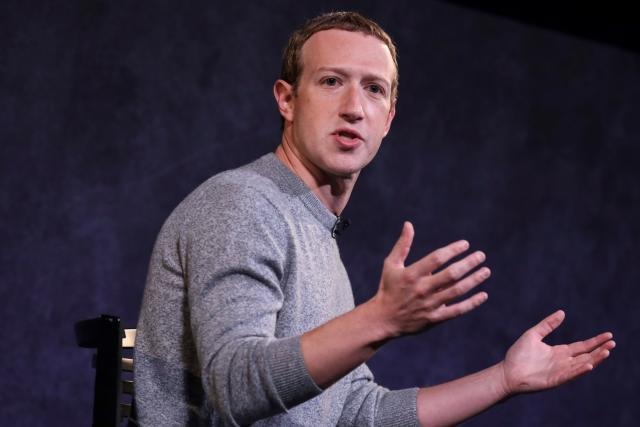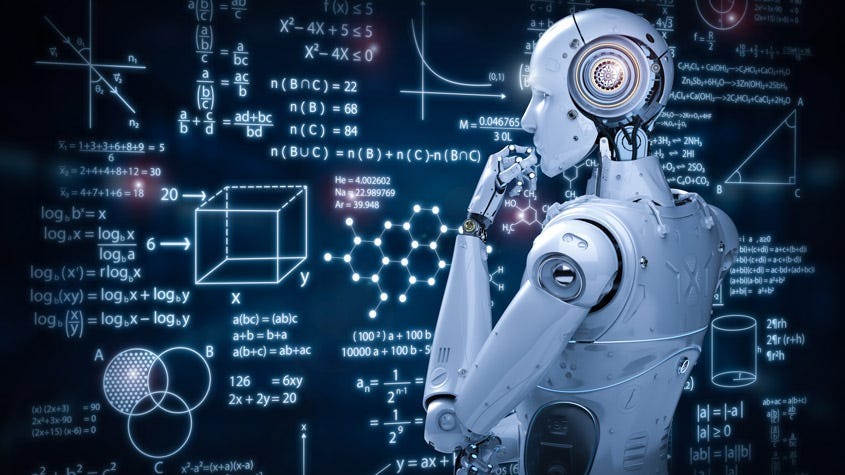
Meta CEO criticized for ‘irresponsible’ open-source human-level intelligence tools.
Accusations of irresponsibility surround Mark Zuckerberg as he pledges to develop an AI system matching human intelligence and potentially offering it as an open-source tool. The Meta CEO expressed the company’s goal to create an artificial general intelligence (AGI) system, intending to make it accessible to external developers, emphasizing the aim to distribute it as widely available as we responsibly can.
In a Facebook post, Zuckerberg emphasized the necessity of developing complete general intelligence for the next generation of tech services.
While the term AGI lacks a strict definition, it generally alludes to a theoretical AI system capable of performing various tasks at a level of intelligence equal to or surpassing humans. The possible advent of AGI has raised concerns among experts and politicians globally, as they worry that such a system, or a convergence of multiple AGI systems, could elude human control and pose a threat to humanity.
Zuckerberg affirmed that Meta would explore the option of releasing its AGI as open source, allowing developers and the public to utilize and adapt it, similar to the company’s Llama 2 AI model.
He stated, This technology is so important, and the opportunities are so great that we should open source and make it as widely available as we responsibly can, so everyone can benefit.
Dame Wendy Hall, a computer science professor at the University of Southampton and a member of the UN’s AI advisory body, expressed deep concern about the idea of open-source AGI, describing it as “really very scary” and criticizing Zuckerberg for considering it as irresponsible.
The prospect of releasing open-source AGI before establishing regulatory frameworks for these potent AI systems is truly unsettling, she remarked. In the wrong hands, technology of this nature could cause substantial harm. It is highly irresponsible for a company to propose such a notion.
Hall further commented, Fortunately, I believe it will be many years before such an aspiration [AGI] can be realized in a meaningful manner, affording us time to establish regulatory systems. However, advancing this work promptly is crucial for public safety.
Meta was part of the tech companies present at a global AI safety summit in the UK last year, committing to allowing governments to review artificial intelligence tools both before and after their release.
According to another expert based in the UK, the decision to open source an AGI system should not solely rest in the hands of a tech company.
There are profound and intricate debates surrounding the merits of open-sourcing current AI models, and extending that practice to AGI could have either world-saving or catastrophic consequences,” said Dr. Andrew Rogoyski, a director at the Institute for People-Centred AI at the University of Surrey. “These decisions should be made through international consensus, not within the boardroom of a tech giant.
In an interview with the tech news website, the Verge, on Thursday, Zuckerberg mentioned that he would incline towards open sourcing for as long as it remained sensible and was the “safe and responsible thing to do.
Last year, Meta’s choice to open source Llama 2 faced criticism from several experts, including Hall, who likened it to “providing people with a template to construct a nuclear bomb.

OpenAI, based in California and the developer of ChatGPT, is actively working on AGI, defining it as “AI systems that are generally smarter than humans.” Demis Hassabis, the head of Google’s AI division, Google DeepMind, has expressed the belief that AGI could be less than a decade away.
Sam Altman, the CEO of OpenAI, struck a cautious tone at the World Economic Forum in Davos, Switzerland, this week, stating that further progress in AI would be unattainable without a breakthrough in energy provision, such as nuclear fusion.
Zuckerberg did not specify a timeline for the development of an AGI system, but he mentioned that Meta has established an “absolutely massive amount of infrastructure” for the creation of new AI systems. The company has also procured a substantial supply of AI processing chips. Zuckerberg further stated that efforts are underway for the development of a sequel to Llama 2.



